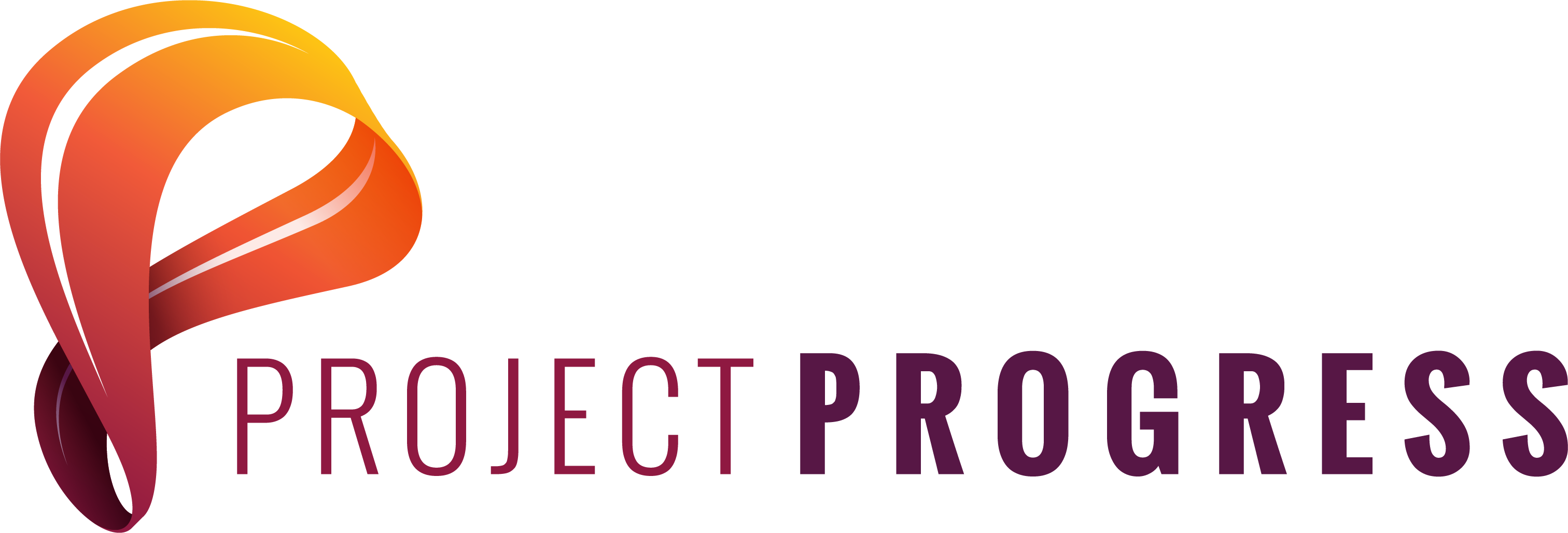Employers
People who are dedicated to their recovery are committed to building a new life for themselves. They work to repair and rebuild relationships that have been damaged during their addiction and to become healthier both mentally and physically. None of this is possible without meaningful employment. When you hire an individual in recovery, you are providing this person with a sense of purpose, responsibility, and hope.
Recovery Friendly Workplaces (RFW) support their communities by recognizing recovery from substance use and mental health disorders as a strength and by being willing to work intentionally with people in recovery. RFWs encourage a healthy and safe environment where employers, employees, and communities can collaborate to create positive change and eliminate barriers faced by those in or seeking recovery. RFWs demonstrate a commitment to reducing the stigma often associated with substance use disorder.
To learn more about Recovery Friendly Workplaces in Pennsylvania, visit recoveryfriendlypa.org | lifeunitesus.com
How to Hire and Support Individuals in Recovery
If you are not already hiring people in recovery, there may be no better time to start than now. Many companies have more openings than there are applicants; opening your doors to people in recovery can significantly expand your applicant pool.
Before you start interviewing and hiring people in recovery, you may need to evaluate your application process, including the types of questions you ask during an interview. People in recovery tend to have unemployment gaps on their resumes, and sometimes a criminal history. It’s important to remember that these instances are symbols of the disease of addiction and not the true representation of that individual. Addiction is a chronic illness and should be treated as such.
What it means to be a recovery-friendly workplace
Offer a flexible schedule
Encourage open communication with their direct supervisor
Managers should treat employees in recovery as they would other employees who are facing the challenges of a physical or mental disease. Show appreciation for their efforts on the job and check in with them regularly, in a private setting, to see how they are handling their new work-life balance.
Create a drug-free, recovery friendly workplace
The basic components of a recovery-friendly workplace includes:
A written policy
Employee education
Manager training
An Employee Assistance Program
Drug testing
The Role of a Certified Recovery Specialist
The role of a CRS is to build a strong and unique rapport with the individual in recovery based on their own lived experiences with substance use disorder. The CRS will help navigate, advocate and support individuals through their recovery journey. A CRS works to facilitate positive change and instill hope by modeling stable recovery and sharing strategies for success.
The Role of Community Health Workers
Community Health Workers (CHW) are increasingly recognized as an integral component of multidisciplinary health care teams, particularly in supporting individuals with substance use disorder. They provide nonjudgmental emotional support and mentoring to individuals affected by addiction.
Drug-Free Workplace
If your company needs assistance creating a drug-free workplace, the federal government’s Substance Abuse and Mental Health Services Administration website offers a Drug-Free Workplace Toolkit to support workplace health and safety by creating and maintaining drug-free workplace policies and programs.




